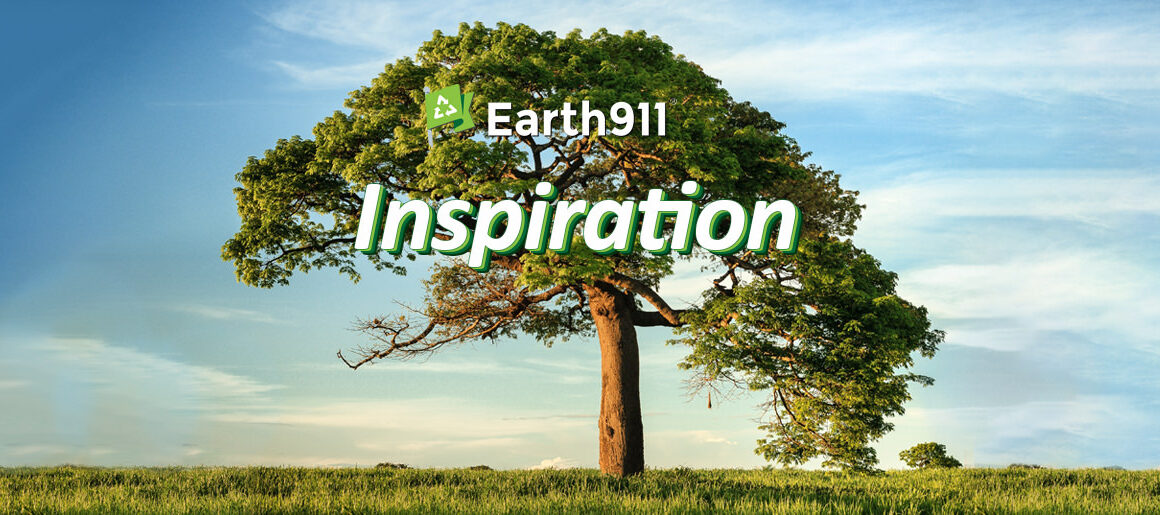Billions of years ago, long before anything resembling life as we know it existed, meteorites frequently pummeled the planet. One such space rock crashed down about 3.26 billion years ago, and even today, it’s revealing secrets about Earth’s past.
Nadja Drabon, an early-Earth geologist and assistant professor in the Department of Earth and Planetary Sciences, is insatiably curious about what our planet was like during ancient eons rife with meteoritic bombardment, when only single-celled bacteria and archaea reigned — and when it all started to change. When did the first oceans appear? What about continents? Plate tectonics? How did all those violent impacts affect the evolution of life?
A new study in Proceedings of the National Academy of Sciences sheds light on some of these questions, in relation to the inauspiciously named “S2” meteoritic impact of over 3 billion years ago, and for which geological evidence is found in the Barberton Greenstone belt of South Africa today. Through the painstaking work of collecting and examining rock samples centimeters apart and analyzing the sedimentology, geochemistry, and carbon isotope compositions they leave behind, Drabon’s team paints the most compelling picture to date of what happened the day a meteorite the size of four Mount Everests paid Earth a visit.
“Picture yourself standing off the coast of Cape Cod, in a shelf of shallow water. It’s a low-energy environment, without strong currents. Then all of a sudden, you have a giant tsunami, sweeping by and ripping up the sea floor,” said Drabon.
The S2 meteorite, estimated to have been up to 200 times larger than the one that killed the dinosaurs, triggered a tsunami that mixed up the ocean and flushed debris from the land into coastal areas. Heat from the impact caused the topmost layer of the ocean to boil off, while also heating the atmosphere. A thick cloud of dust blanketed everything, shutting down any photosynthetic activity taking place.
But bacteria are hardy, and following impact, according to the team’s analysis, bacterial life bounced back quickly. With this came sharp spikes in populations of unicellular organisms that feed off the elements phosphorus and iron. Iron was likely stirred up from the deep ocean into shallow waters by the aforementioned tsunami, and phosphorus was delivered to Earth by the meteorite itself and from an increase of weathering and erosion on land.
Drabon’s analysis shows that iron-metabolizing bacteria would thus have flourished in the immediate aftermath of the impact. This shift toward iron-favoring bacteria, however short-lived, is a key puzzle piece depicting early life on Earth. According to Drabon’s study, meteorite impact events — while reputed to kill everything in their wake (including, 66 million years ago, the dinosaurs) — carried a silver lining for life.
“We think of impact events as being disastrous for life,” Drabon said. “But what this study is highlighting is that these impacts would have had benefits to life, especially early on … these impacts might have actually allowed life to flourish.”
These results are drawn from the backbreaking work of geologists like Drabon and her students, hiking into mountain passes that contain the sedimentary evidence of early sprays of rock that embedded themselves into the ground and became preserved over time in the Earth’s crust. Chemical signatures hidden in thin layers rock help Drabon and her students piece together evidence of tsunamis and other cataclysmic events.
The Barberton Greenstone Belt in South Africa, where Drabon concentrates most of her current work, contains evidence of at least eight impact events including the S2. She and her team plan to study the area further to probe even deeper into Earth and its meteorite-enabled history.






Recent Comments